Announcing the 2025 Awardees of the McNulty Prize Catalyst Fund
April 14, 2025—The McNulty Foundation and Aspen Institute have announced the recipients of the 2025 McNulty Prize Catalyst Fund — an award given annually to support early-stage organizations with innovative and inclusive solutions to critical issues. A total of $120,000 will be awarded to six recipients working in the US, South Africa, the Philippines, and Guatemala. Register now to hear from the recipients in a two-part dialogue on Wednesday, April 30th, and May 7th from 12-1pm ET, as they discuss navigating the unique challenges and opportunities of meeting this moment.
Now more than ever, we see the need for long-term, deep commitment to co-creating change in community. In response to growing global challenges, the 2025 fund recipients highlight two key focus areas: Health Equity as a critical issue, and Collaborative Action as an essential approach for solving complex problems.
Though each organization tackles distinct challenges, they are all meeting this unique moment through a shared commitment to center community, build collaboration with stakeholders, and address root causes of suffering and inequality.
Awarded annually to organizations led by Aspen Institute fellows, the Fund aims to support organizations committed to addressing inequities through innovative and inclusive solutions.
That offer powerful new models for driving change. While they may be at an early stage, they are led by individuals whose deep expertise and connection to their communities mean they are uniquely positioned to make lasting change.
Meet the 2025 McNulty Prize Catalyst Fund Awardees:
HEALTH EQUITY: The following recipients are recognized for designing and driving innovative community-led solutions that make health and wellbeing accessible to historically underserved communities.
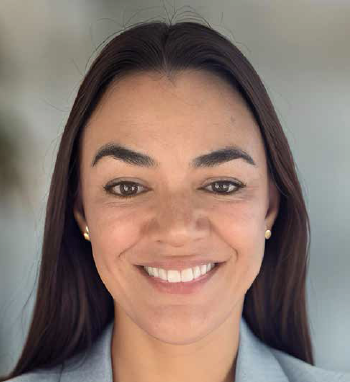
Salud Verde | Guatemala
Mónica Berger González (Central America Leadership Initiative) and Salud Verde are increasing healthcare access for underserved communities in Guatemala through research and programs that scale plant-based regenerative medicine. This innovative approach not only seeks to bridge the healthcare gap but also promotes conservation for Guatemala's natural ecosystems and develops economic opportunities for rural and indigenous communities.
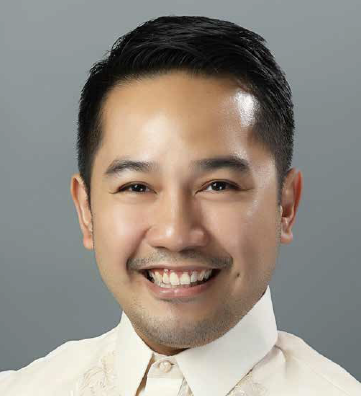
Planetary Health Philippines | Philippines
Renzo Guinto (Aspen Global Innovators Group Fellow) is finding solutions to the urgent global health threat of climate change, especially in the Philippines. Leading Planetary Health Philippines, Renzo has built a community of advocates, scholars, and practitioners focused on the intersection of public health and climate solutions. They steward the work of addressing the human health impacts of global environmental change through education, awareness, solution co-creation, collaborative research, policy engagement, and community advocacy.

HEAL SA | South Africa
Youth mental health has been a critical crisis in South Africa since much before the COVID-19 pandemic. Drawing from her own mental health journey, Mpadi Makgalo (Africa Leadership Initiative-South Africa) established HEAL South Africa with a clear mission: to eliminate the pervasive mental health disparities impacting young people across the nation. Under her leadership, HEAL SA has profoundly impacted young people, education, and communities, offering free mental health services and professional development training.
COLLABORATIVE ACTION: The following recipients are recognized for their work fostering collaboration on major social challenges by bringing together stakeholders across sectors to build capacity, coordinate action, and drive systems change.
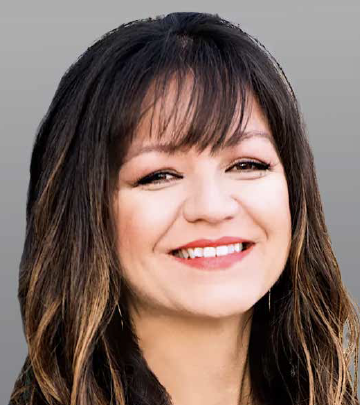
Mosaic Changemakers | Southern United States
Renata Soto (Pahara Fellow) founded Mosaic Changemakers to cultivate a community for Black, Brown, and Gold leaders in the US South through leadership development. The Institute is building a solidarity network of changemakers of color leading social change in the region, providing them with the leadership development, tools and cohort they need to build and sustain theirefforts in community.
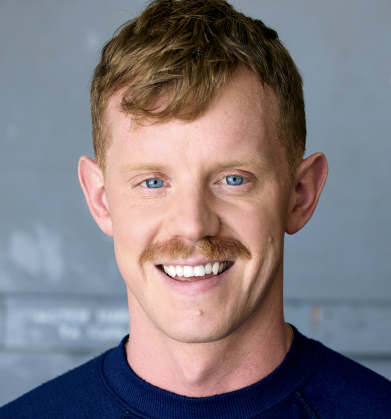 Vessel Collective | United States
Vessel Collective | United States
Access to water and sanitation is a fundamental human right. Yet, more than 2 million people in the US still lack running water or basic plumbing. George McGraw (Civil Society Fellow) works with Vessel Collective, a coalition of WASH leaders bringing together stakeholders from across sectors to drive action and advocate for policy change. Vessel Collective has built a network of 15 WASH organizations, spearheading advocacy and ground-efforts to boost resource access and unite entities to benefit impacted communities.
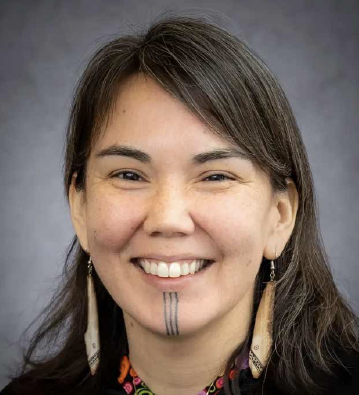
IREACH | United States
As a Nome Eskimo Community (NEC) Tribal member, Dr. Jessica Saniguq Ullrich (Ascend Fellow) deeply understands the power of Indigenous connectedness to overcome colonial trauma. She and her multidisciplinary research team at The Institute for Research and Education to Advance Community Health (IREACH) at Washington State University are collaborating with NEC, a federally recognized Tribe in Alaska, to promote multi-generational healing and wellbeing for Indigenous children and families.
About the Catalyst Fund
The McNulty Prize Catalyst Fund recognizes promising ventures led by Fellows of the Aspen Institute with significant early momentum and at critical junctures on their path to creating meaningful change. The Fund boosts leaders and their organizations, awarding up to $150,000, annually across five to seven recipients as well as non-monetary support to reach the next level of impact. Launched in 2017, to date, the fund has supported over 35 recipients from around the world.
Join us for Forging Durable Solutions: A Two-Part Dialogue with Social Change Leaders on April 30th and May 7th from 12-1pm ET. Register here.